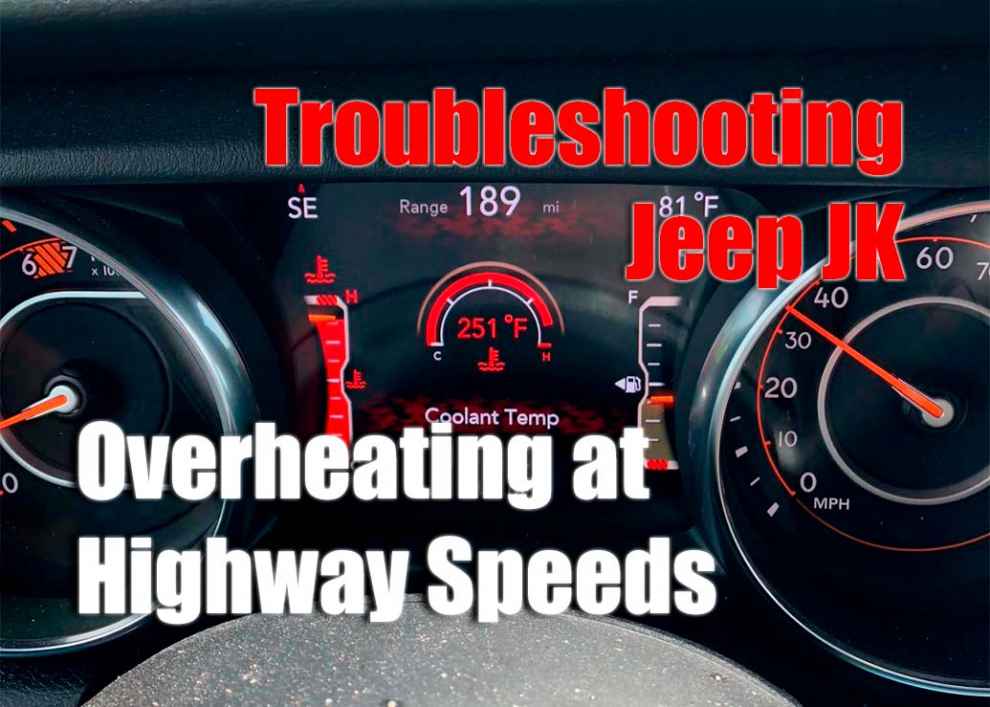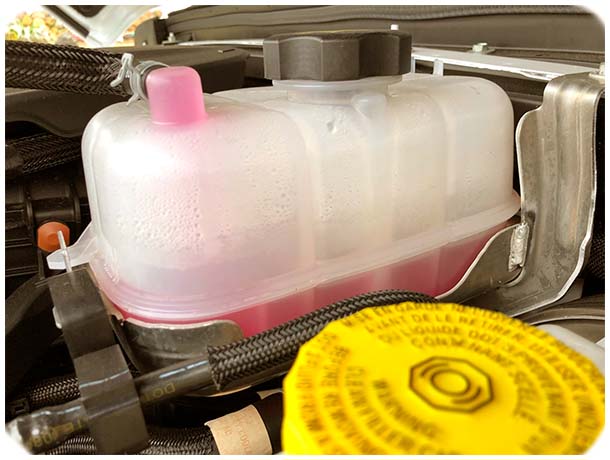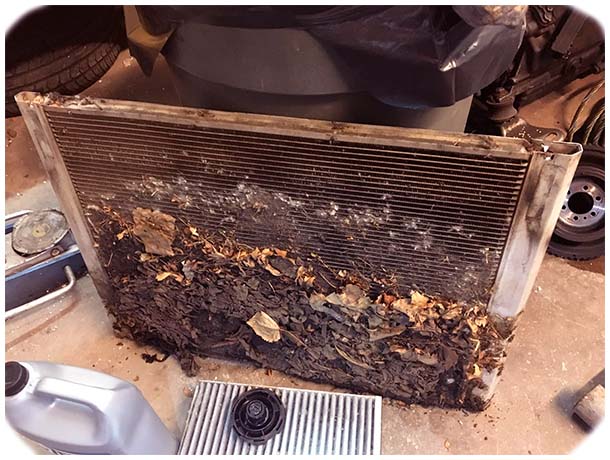If you own a Jeep JK, you may have experienced overheating issues at highway speeds. Overheating can be an expensive and potentially dangerous problem – if the engine is running too hot, it can cause permanent damage to your vehicle’s engine. In this article, we will discuss the causes of overheating in Jeep JKs at high speeds and some common fixes for the problem.
What Causes Overheating in Jeep JKs at High Speeds?
There are several possible causes of why your Jeep JK may be having trouble staying cool while driving at high speeds. These include:
-
Low coolant levels: A low level of antifreeze or coolant can cause problems for the JK’s cooling system because it won’t be able to absorb as much heat from the engine as it should.
-
Clogged radiator or heater core: The radiator or heater core plays an important role in cooling the engine by transferring heat away from it when driving at high speeds. If these parts become clogged with dirt and other debris, they won’t be able to do their job as effectively and could lead to overheating issues.
-
Worn or damaged hoses: This could cause a decrease in coolant flow, which will lead to an increase in engine temperature and a decrease in cooling performance.
Common Fixes for JK Overheating Issues
Discover several tips to troubleshoot your Jeep JK overheats at highway speeds:
-
Radiator Flush: A radiator flush is a good way to clean out any debris or buildup that may be causing issues with the cooling system. You can do this yourself or take it to a mechanic for professional help.
-
Replace Coolant Reservoir Cap and Hoses: If the coolant reservoir cap is worn or damaged, it won’t be able to keep pressure in the system, leading to overheating issues at high speeds. Replacing this part as well as any hoses that may have damage can help improve cooling performance and reduce overheating problems.
-
Check Thermostat Functionality: The thermostat regulates how much coolant flows through the engine, so if it is not working properly it could lead to overheating issues at high speeds. Checking the functionality of the thermostat can help identify any potential problems with it that need to be fixed before they cause more serious damage.
-
Add External Fans or Install Larger Internal Fans: Installing larger internal fans or external fans can improve airflow and help keep your engine cool while driving at high speeds. This can help reduce the risk of overheating and improve cooling performance.
-
Replace Clogged Radiator or Heater Core: If your radiator or heater core is clogged, it won’t be able to transfer enough heat away from the engine, leading to overheating issues. Replacing these parts with new ones can help improve airflow and reduce the risk of overheating.
-
Install an Auxiliary Cooling System: An auxiliary cooling system can help keep your engine cool while driving at high speeds by providing additional cooling power when needed. This can be a useful solution if other fixes have not been successful in reducing the risk of overheating in your JK.
Conclusion
Overheating issues in Jeep JKs at highway speeds can cause serious damage to your vehicle’s engine and leave you stranded on the side of the road – but with some quick troubleshooting, you can identify and fix these problems before they cause further damage! By following the steps outlined above, you should be able to reduce or eliminate any overheating issues that may be plaguing your JK while driving at high speeds.

 Low coolant levels: A low level of antifreeze or coolant can cause problems for the JK’s cooling system because it won’t be able to absorb as much heat from the engine as it should.
Low coolant levels: A low level of antifreeze or coolant can cause problems for the JK’s cooling system because it won’t be able to absorb as much heat from the engine as it should. Replace Clogged Radiator or Heater Core: If your radiator or heater core is clogged, it won’t be able to transfer enough heat away from the engine, leading to overheating issues. Replacing these parts with new ones can help improve airflow and reduce the risk of overheating.
Replace Clogged Radiator or Heater Core: If your radiator or heater core is clogged, it won’t be able to transfer enough heat away from the engine, leading to overheating issues. Replacing these parts with new ones can help improve airflow and reduce the risk of overheating.
Add Comment